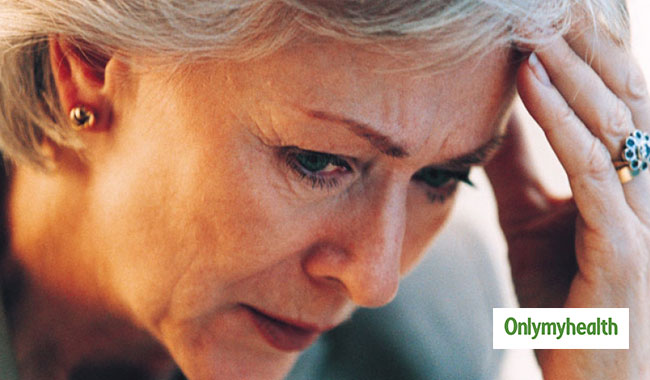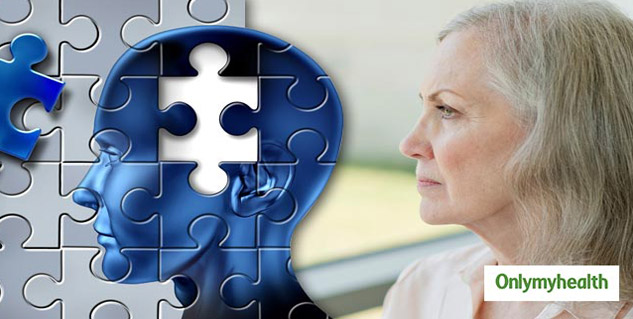
Currently there is no cure for Alzheimer's disease, but medications can possibly help to slow down progression of the disease, relieve symptoms and also improve the quality of life of those affected Alzheimer's and also of their caregivers’.

Medications for Treatment of Alzheimer's disease (AD): There are several medications available for the treatment of AD. Your doctor will prescribe medications based on your signs and symptoms and then periodically (every 6 months) assess response to treatment. The drugs mostly used to treat AD are called acetyl cholinesterase inhibitors. The drugs being used currently to treat cognitive symptoms of AD include:
- Cholinesterase inhibitors: These drugs (such as donepezil, galantamine, and rivastigmine) improve the cell-to-cell communication in the brain by increasing the levels of neurotransmitter which depletes due to AD. The commonly prescribed cholinesterase inhibitors include donepezil, galantamine, and rivastigmine. Diarrhoea, nausea and vomiting are the most common side effects of these drugs. These drugs are prescribed for patients with mild to moderately severe symptoms.
- Memantine: This drug improves the brain cell communication network and is often used along with a cholinesterase inhibitor. The commonest side effect of this drug is dizziness. It is prescribed for patients with moderately severe to severe Alzheimer's disease.
The medications are prescribed initially in the lowest possible dose to minimise the side effects and then the dose is increased based on your response to treatment.
Also read: Memory loss may not be the only sign of Alzheimer’s, know other symptoms
Specific medical treatment: In addition to treatment of cognitive symptoms, your doctor will treat other symptoms such as behavioural problems, depression and psychosis.
- Behavioural problems are often present in people with Alzheimer's. They may improve with therapies such as improved communication, behavioural therapy, reinforcement of good behaviour, and avoidance of precipitants.
- Antidepressants and antipsychotic medications are beneficial for people with symptoms of depression and psychosis respectively.
Non-medical treatment: Other measures which may help in managing AD symptoms in addition to medical treatment include:
- Avoidance of alcohol and drugs.
- Treatment of other conditions which can cause symptoms confusion, memory problems, and confusion.
- The benefits of regular exercise as a part of everyday wellness plan are evident in people with AD. Any regular activity such as jogging, cycling, brisk walking for 30 minutes daily, can help to improve mood and also maintain the health of joints, muscles and heart. It can improve sleep and prevent constipation. Some evidence suggests that regular exercise may possibly slacken the decline that is evident due to AD.
- Speech therapy can help to improve communication and maintain memory.
- Occupational therapy can help to make the person as independent as possible. Your therapist, after evaluating your capability to cope with everyday tasks alone, may make some changes in your home.
- Nutrition is often neglected in people with AD as they may forget to eat, lose interest in preparing meals, and may not eat healthy foods. They may also forget to drink enough fluids which can cause dehydration and constipation. Caregivers should ensure that the person has high-calorie healthy diets and has enough fluids (water, juice and other healthy beverages) daily.
Creating a safe and supportive environment: Making changes in the living environment of a person with Alzheimer's is an important part of any treatment plan. These help to make the person have a sense of well-being and continued ability to function. Some changes which can create a safe and supportive environment include:
- Removing excess/extra furniture, and other things such as decorative items and rugs which can lead to clutter.
- Getting sturdy handrails fixed on stairways and in bathrooms.
- Wearing comfortable shoes and slippers (and ones with good traction as well).
- Removing extra/unnecessary mirrors in the living space as people with Alzheimer's may get frightened or confused with images in the mirror.
How we keep this article up to date:
We work with experts and keep a close eye on the latest in health and wellness. Whenever there is a new research or helpful information, we update our articles with accurate and useful advice.
Current Version